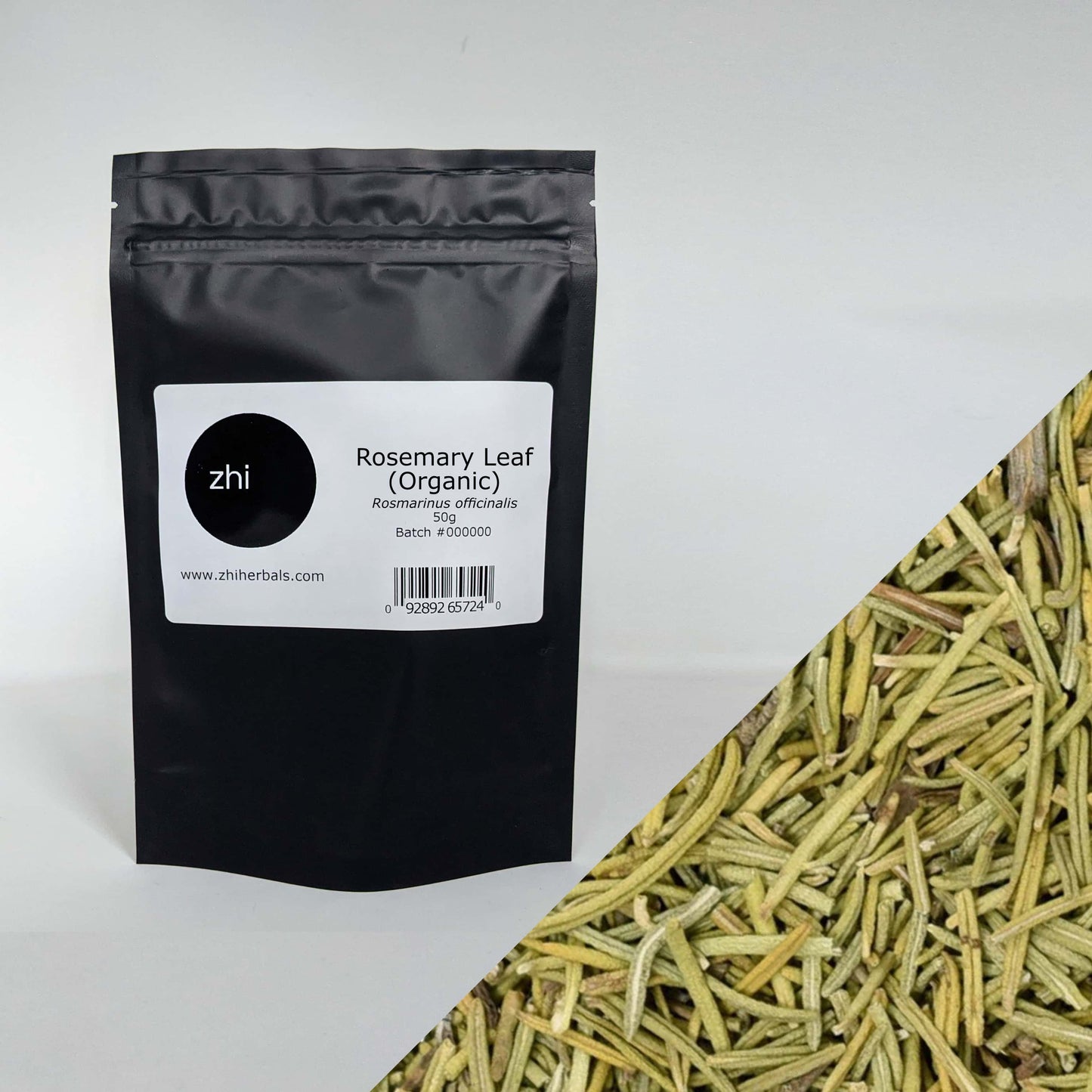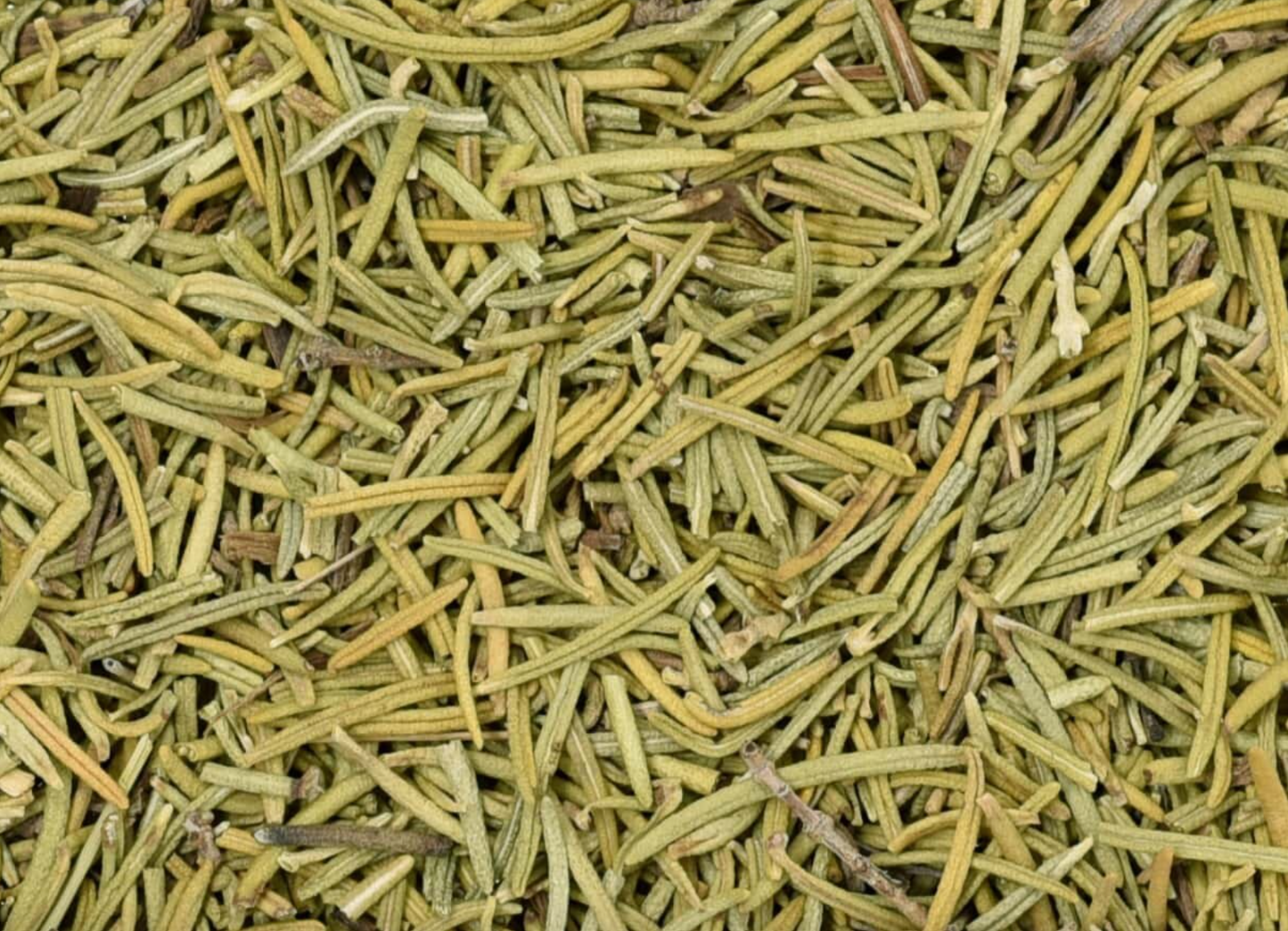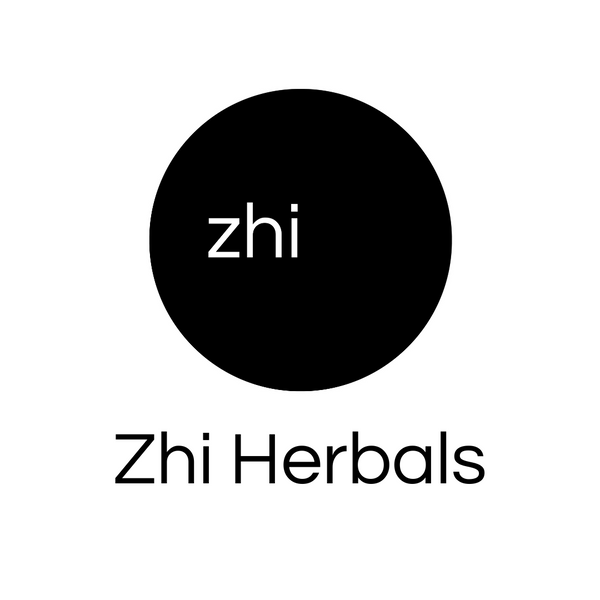Zhi Herbals
Rosemary Leaf (Organic)
Rosemary Leaf (Organic)
Couldn't load pickup availability
Common Name
Rosemary
Latin Name
Rosmarinus officinalis
Origin
Morocco
What Is Rosemary?
Rosemary is a member of the mint family, and is native to the Mediterranean. Young leaves tend to be sweeter tasting and are preferred in cooking. Rosemary tastes distinctively piney, fresh, and slightly spicy flavour.
How to Use Rosemary (Common Uses)
Rosemary can be taken internally as a tea, powder, capsules, or extract, or used topically. The fresh or dried herb is often used in cooking. Visit our herbal blog for more ideas about how to use rosemary leaf.
Medicinal Uses and Benefits of Rosemary
Aside from its well-known culinary uses, rosemary is an excellent medicinal herb. It helps to enhance blood flow, including circulation to the brain, which can in turn help to improve mental clarity and vision. It tones the circulatory and nervous systems and acts as a gentle smooth muscle relaxant. Rosemary can also be taken during or after meals to help alleviate gas and stimulate digestion.
Active Constituents in Rosemary
Volatile oil, flavonoids, rosmarinic acid, phenolic acids, terpenoids.
Notable Facts About Rosemary
Historically, rosemary has symbolized love and loyalty, and was often involved at weddings and funerals. Sometimes it was given as a gift to guests, or in weddings it may be wrapped in a wreath or bridal bouquet. In Spain and Italy, rosemary was considered a safeguard from witches and other general evil influences. In France, rosemary was sometimes burned alongside juniper berries to help purify the air.
Share


Wonderful, will order again!
They look & smell so beautiful. I am very happy with all of my herbs. Will be buying from again!


